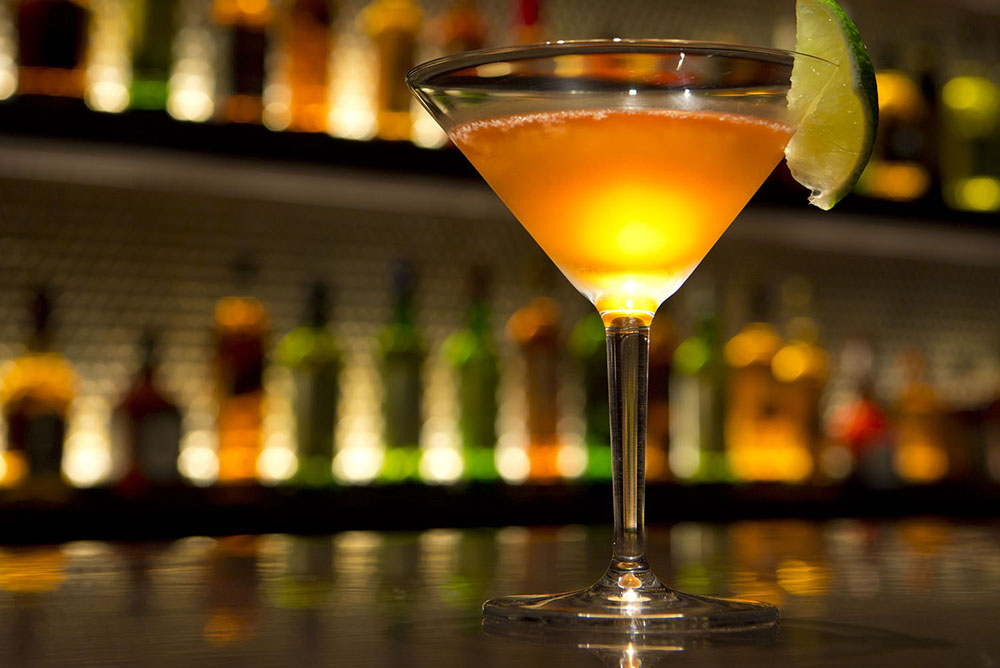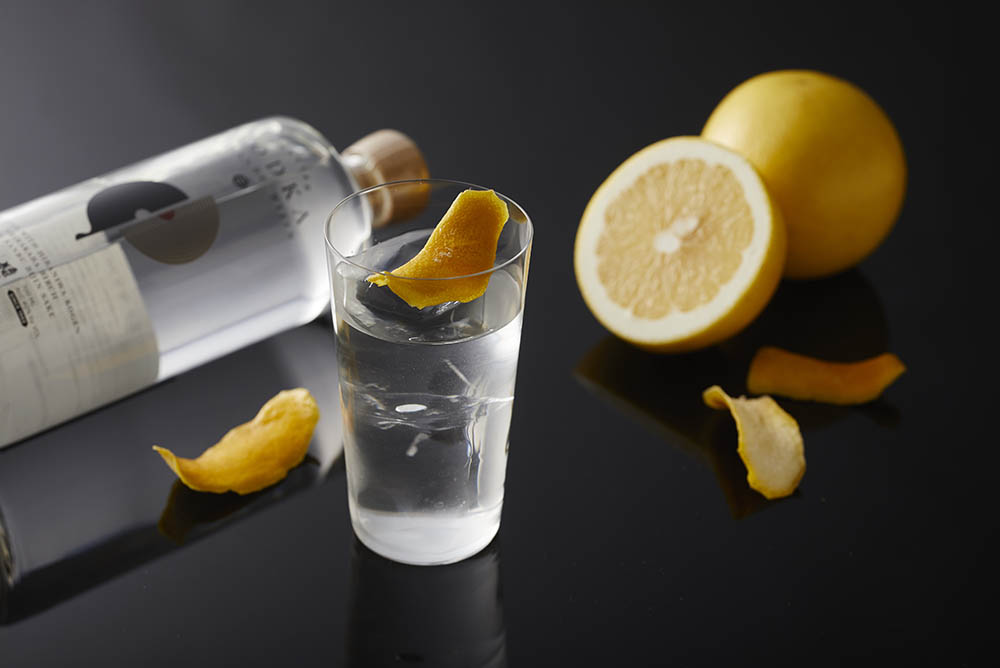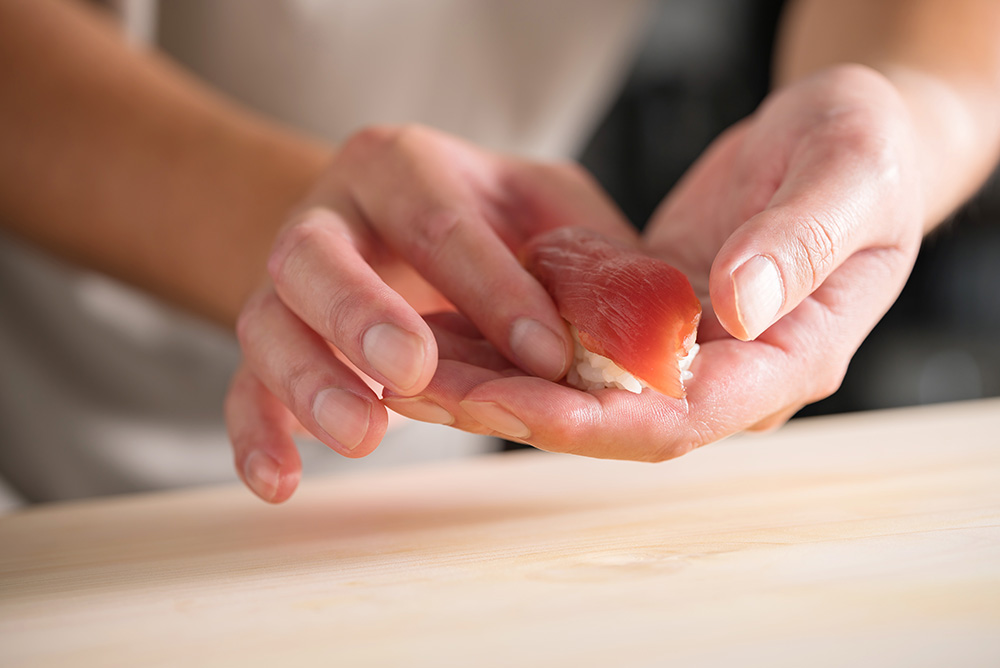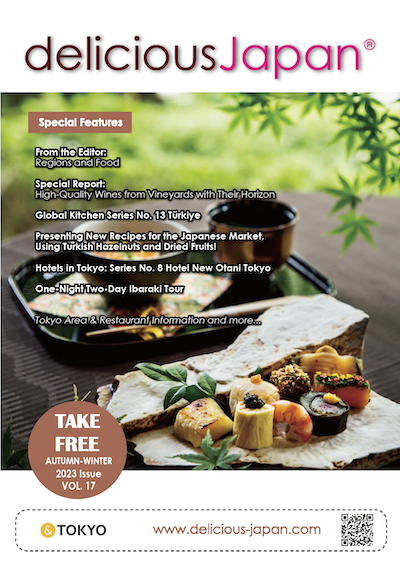
Global Kitchen Series No. 4 - Belgium
GEORGES NAGELS
Trade Commissioner, Flanders Investment & Trade

Please briefly introduce yourself, including your mission at the Embassy.
Foreign trade in Belgium is regionalized and the responsibility of the 3 regions: Flanders, Brussels, and Wallonia. Flanders is the biggest exporting region and stands for about 80% of foreign trade in Belgium. Our office is responsible for promoting export from the Flanders region of Belgium to Japan. Our office is mainly busy advising newcomers who are looking for a partner in Japan, but we also support companies which are having problems with their Japanese customers or with import issues. Our office also looks for Japanese investors for the Flanders region. While our main activities are related to food, many biotech and IT companies are looking for Japanese partners nowadays and we provide information in those fields as well.
What do you mainly export to Japan in the food and beverage sector?
Besides beer and chocolate, we export pork, frozen vegetables and fruits. We are number one on production of frozen vegetables and there are many large companies with factories all over the world. Fruits mainly come from factories that are not located in Belgium, from places like Morocco, Poland, and Chile. Some of these companies have an office in Japan, supplying mainly private label. Overall, the frozen sector is growing. We also have fresh vegetables like endives, Belgium leek, celeriac, beets, and brussels sprouts. Pork is also an important export product. For the time being Belgium cannot export beef to Japan.
What do you see as chances and difficulties of the Japanese market?
It is difficult to explain to Belgians that language is a big issue in Japan. You can basically do business anywhere in the world in English, but not so in Japan.
Japanese standards and requirements are very high and sometimes a hurdle to export. Japan is a very demanding market and Belgian companies should understand that they must be flexible. Once in a while, they tell us, “I’m exporting all over the world. Why should I adjust my product to the Japanese market?” We always reply: “It’s either you adjust your product or not sell to Japan.” Packaging and labeling could also be a problem. To avoid this issue, some products come in bulk and packaging is done in Japan.
The Japanese chocolate market is rather saturated, and the season is comparably very short. Belgians have difficulty understanding that it’s not easy to open a chocolate shop in Tokyo. Overhead costs are quite high and it’s difficult to get profit because chocolates only sell during Valentine’s and white day. The Japanese consumer is always looking for new brands. Chocolate companies need novelties, new tastes, or shapes so the Japanese consumers will stay interested. Competition is also very high in the chocolate market. GODIVA is a good example of how to be successful year-round on the Japanese market by always developing new products such as cookies and cakes besides chocolate.
What are your plans or strategies in order for your products to take further root into Japanese market?
FOODEX is the main trade fair we advise to the Belgian companies. We are a small country but have one of the biggest pavilions. FOODEX is important for both existing companies and newcomers. Besides FOODEX, the meat office participated for the first time in the Supermarket Tradeshow this year. For B2B, the Embassy is thinking of organizing a chocolate fair and chocolate seminar at the embassy.
We also support companies participating in other trade fairs and the Embassy created a “Recommended by the Belgian embassy” logo which can be put on Belgian products. It stimulates sales because the Japanese consumer is quite sensitive for these kinds of recommendations. As for B2C events, the embassy supports the Belgian Beer Weekend held every year in major cities including Tokyo, Yokohama, Sapporo, Kobe, Nagoya, and Osaka.
Do you have any final comments?
We want to keep trying to get more products into the Japanese market. We have many sweets that are not yet known by the Japanese people. Soft ginger bread and nougat are among the products we are trying to promote right now. To conclude, Japan is a difficult but rewarding country for those companies that are willing to invest in a long-lasting business relation.
We want to keep trying to get more products in to the Japnaese market. We have many sweets that are not yet known by the Japanese people. Soft ginger bread and nougat are among the products we are trying to promote right now. To conclude, Japan is a difficult but rewarding country for those companies that are willing to invest in a long-lasting business relation.
Where you can enjoy Belgium flavors
Brussels Beer Project Shinjuku -World's first official taproom for the project-


The Brussels Beer Project started in Brussels, Belgium, in 2013, with the concept of "co-creation" to generate value in new beers. "Co-creation" is the approach of generating new value through dialog among people from all kinds of positions. It is creating new beers at a rate of 30 varieties a year, through methods such as crowd funding and collaboration with other breweries and consumers. It always has a lineup of around 18 craft beers, centered on Belgian beers, including a few Japanese craft beers. Specialist chefs are on hand to suggest timely menus to match the beer. The classic Belgian fries, using Belgian potatoes, are a hit.
Brussels Beer Project Shinjuku
2-20-16, Yoyogi, Shibuya-ku, TokyoPhone: 03-5388-5523
Open hours: Mon-Fri 5:00PM-12:00AM,Sat 3:00PM-12:00AM, Sun & Holiday 3:00PM-10:00PM (L.O. 30 min. before closing time), Closed: New Years
Champ de Soleil
An authentic Belgian cuisine restaurant that offers a selection of over 80 different types of Belgian beer

Carbonnades Flamandes
¥2,700This traditional beef stew from the Flanders region is made with beef cheek and beer.

Gaufre Bruxellois
¥810There are 2 types of waffles: "Brussels" and "Liege". Brussels waffle is crispy, less sweet, and often accompanied by chocolate sauce, the Belgian specialty.

Moules au vin blanc (Regular size)
¥3,100*Pomme frites served separately(¥650)
A typical Belgian cuisine made with mussels and vegetables steamed with white wine. Often served in a large bucket-like container in Belgium, this specialty makes a perfect match with pomme frites (French fries).
Champ de Soleil
1-10-6 Uchikanda, Chiyoda-ku, TokyoPhone 03-5281-0333
http://champdesoleil.com





